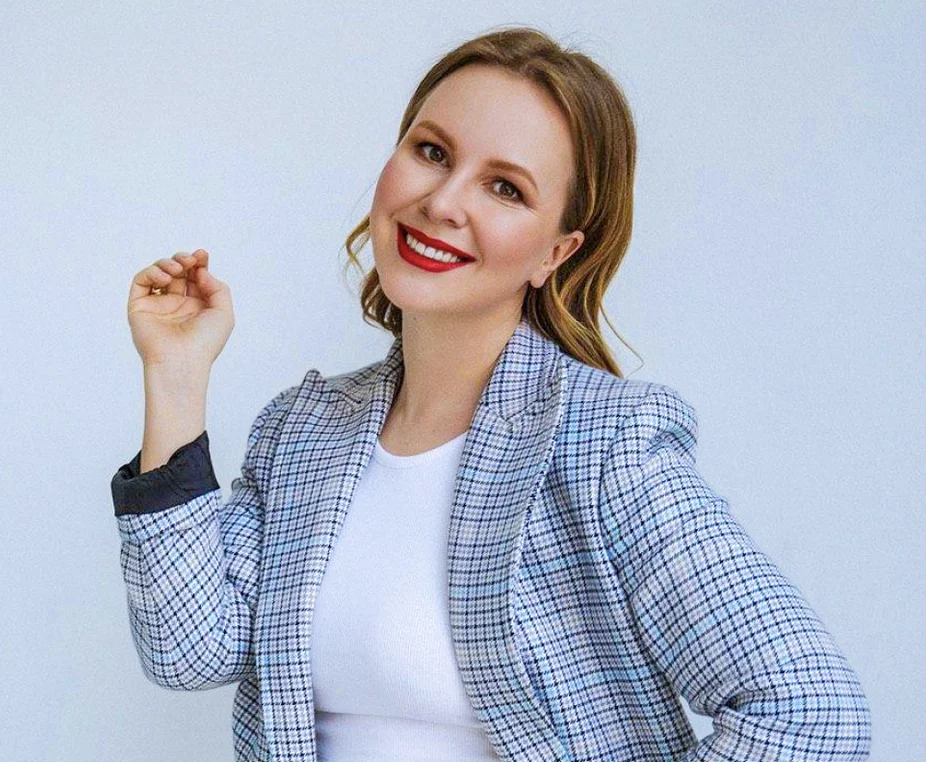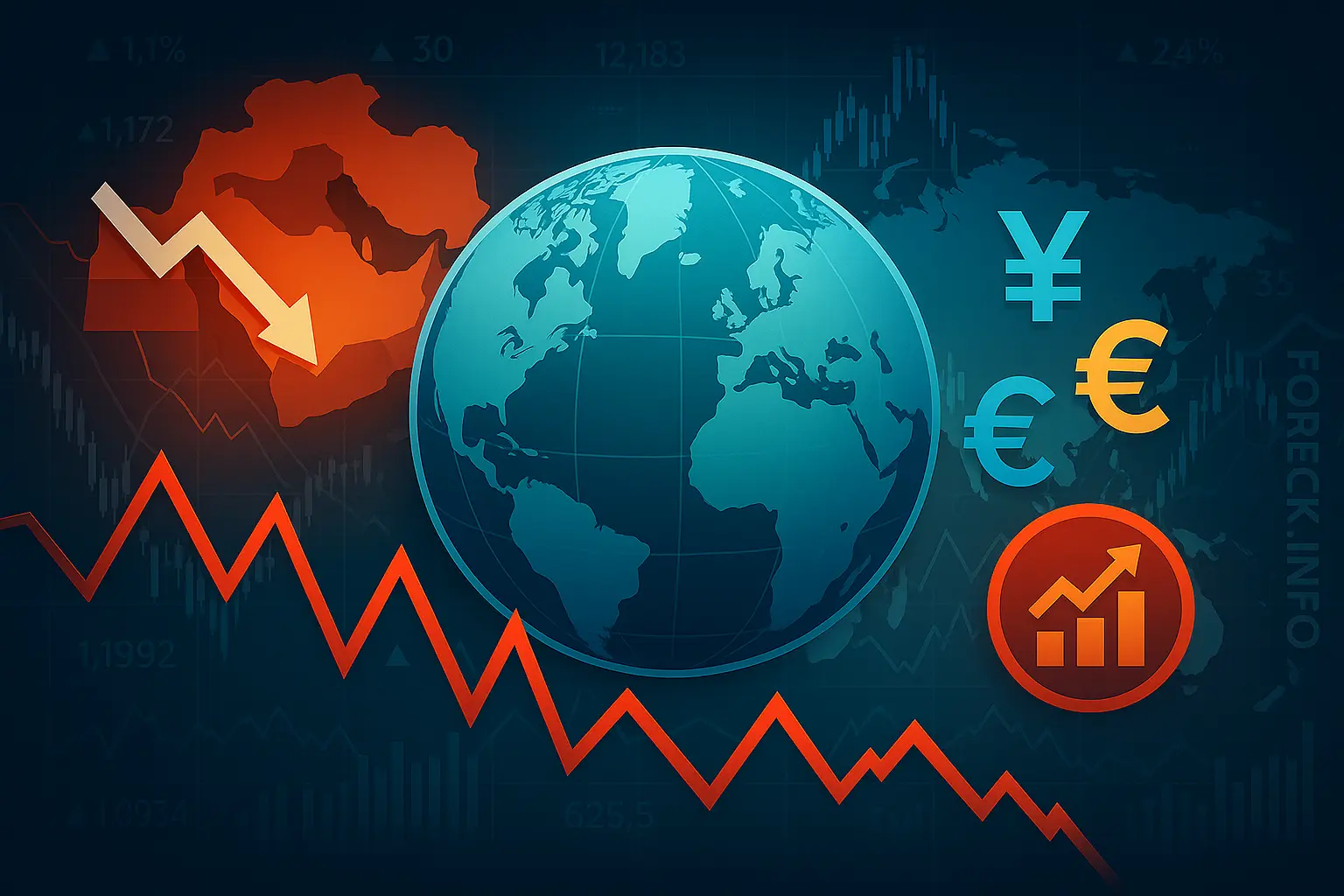On Friday, US President Donald Trump and Russian President Vladimir Putin met in Anchorage, Alaska, for talks aimed at easing the Russia-Ukraine conflict. While the two sides reached certain understandings, the full scope of agreements has not yet been disclosed. Today, the US president is expected to meet with representatives from Ukraine and the EU. Should tangible progress be made, the dollar could extend its rally. Still, the focus later in the week will shift to Federal Reserve policy, with Chair Jerome Powell set to speak at the Jackson Hole symposium on Friday. Despite July’s jump in producer prices—from 2.4% to 3.3% overall and from 2.6% to 3.7% in the core measure—Powell is expected to hint at a possible rate cut in September. Analysts caution, however, that the risk of the Fed maintaining a hawkish stance remains significant.
Eurozone
The euro is weakening against the dollar and pound but firming versus the yen. German officials reiterated today that the US must reduce tariffs on EU-made cars, as agreed in principle, before a new trade deal can be finalized. Brussels and Washington reached a framework accord in late July, but details remain unresolved. Meanwhile, housing permits in the euro area rose 7.9% in June, signaling recovery in the sector and supporting expectations of further economic stabilization.
United Kingdom
The pound is higher against the euro and yen but lower against the dollar. In August, Rightmove reported that UK home prices slipped from –1.2% to –1.3% month-over-month, while annual growth improved from 0.1% to 0.3%. Analysts say sellers are competing more aggressively by cutting prices, which has lifted transaction volumes to their highest since 2020. Market watchers expect that a dovish turn by the Bank of England this month could accelerate housing demand and provide broader support to the economy.
Japan
The yen is weakening across major pairs. Comments from US Treasury Secretary Scott Bessent suggested that the Bank of Japan is “lagging” in its tightening cycle, which markets interpreted as pressure on the central bank. Fundamentally, conditions for higher rates are present: consumer inflation reached 3.3% year-on-year in June, well above target, while GDP expanded 0.3% in Q2.
Australia
The Australian dollar is mixed, softening against the US dollar, firming versus the yen and euro, and trading unevenly against the pound. Danielle Wood, chair of the Productivity Commission, said fully remote work reduces individual efficiency and overall output. She argued that a hybrid model—two to three days in the office and the remainder at home—delivers better productivity, cost savings on commuting, and greater work-life balance.
Oil
Oil prices slipped after an early uptick, as traders await today’s meeting between President Trump, EU officials, and Ukrainian representatives. Friday’s Trump-Putin talks produced partial compromises on the Ukraine conflict, and further progress could pave the way for easing sanctions on Russia and increased crude exports. Conversely, a breakdown in diplomacy would likely intensify pressure on buyers of Russian energy. White House trade adviser Peter Navarro added that India should halt imports of Russian oil, underscoring the geopolitical stakes.

